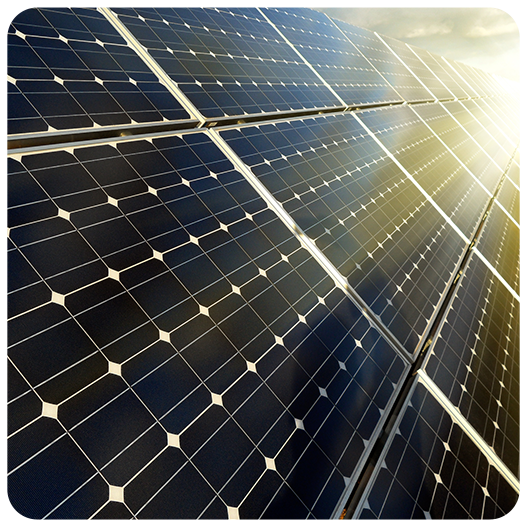COVID-19 significantly impacted the manufacturing industry, causing supply chain issues, staff shortages, and at times full factory closures. While the manufacturing industry is no stranger to utilizing technology to increase capabilities and automation it still has a long way to go in order to remain resilient. Currently, humans still play a significant role in production and supply chains.
IoT can increase manufacturing productivity from 10-25% and remove a lot of the variables that currently exist due to human monitoring. The benefits of increased productivity, data analytics, reduced costs, predictive maintenance and production and automation are driving IoT device adoption within this industry.
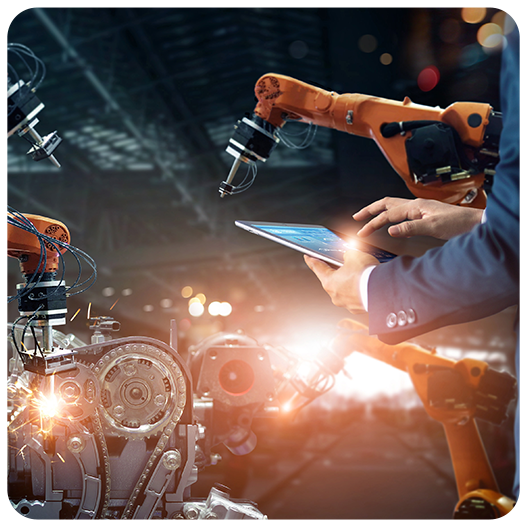
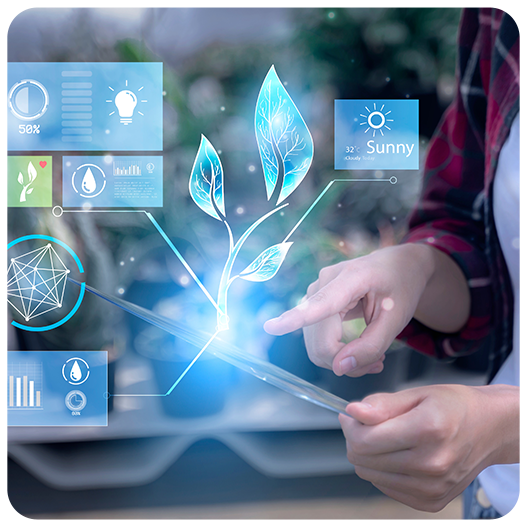
AGRICULTURE
The agriculture industry is masters of adaptation and evolution with three key revolutionary periods under their belt. The fourth industrial revolution is providing the agriculture industry with room to further streamline, automate and evolve, significantly changing food production practices at every level, from the independent farmers to the global corporations.
The use of artificial intelligence and smart machines is rapidly growing within this sector. Spartan Labs Global has the capabilities to support food producers and equipment providers at all levels of production with IoT architecture development and integration. IoT solutions can increase production through crop and cattle management, weather monitoring, greenhouse management, predictive analytics and smart farming, equipment automation, and streamlined farm management solutions.
PUBLIC SECTOR
The opportunities to streamline and evolve government operations using smart technology solutions are endless. From using IoT sensors to streamline garbage collection services through to the development of “smart cities” with reduced labor costs and the data needed to improve the daily lives of citizens, Spartan Labs Global has the capabilities and creativity needed to support exponential IoT adaptation within this sector.
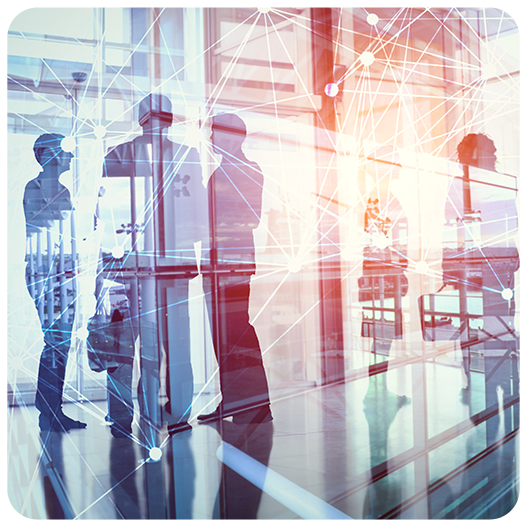
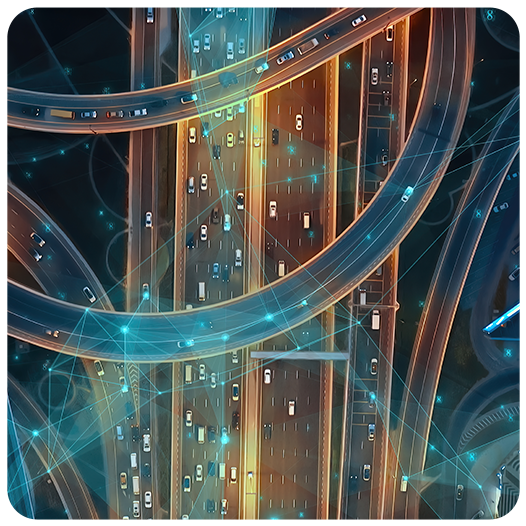
TRANSPORTATION
The fourth industrial revolution has allowed for data to be collected, sorted, shared and utilized without human interference. Within the transportation industry, IoT can be utilized to improve safety through the use of sensors and AI. It can also allow transportation companies to gather real-time route and traffic data that can be used to develop quick routes, provide logistical updates and real-time stakeholder notifications.
RENEWABLE ENERGY
As the transition to renewable energy continues around the globe so do the possibilities for technology to improve the delivery, storage, communication and cost-efficiency. Integrating IoT solutions into this sector allows organizations to develop smart grids that can automatically detect and adjust to favorable conditions, accurately determine usage, and improve cost efficiency by automating grid controls and the management of distributed systems.
IoT solutions are also able to help residential and corporate solution providers systematically scale their offers and support clients in significantly reducing their electricity costs. For example, the Skanska USA office in the Empire State Building has benefited from an IoT renewable energy initiative that has seen a 57% reduction in their electricity costs, amounting to USD 680,000 in savings for the office lease period of fifteen years.
